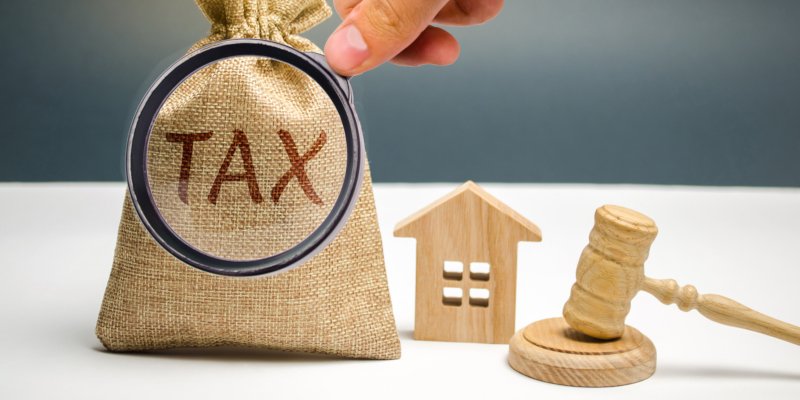 There are a lot of factors surrounding each situation of foreclosure. These factors determine the tax consequences. The most important factor to consider when trying to figure out the federal income tax consequences of a foreclosure on a principal residence is:
What is the value of the property and how does that value compare what is owed on the mortgage?
Again, there are a variety of factors that can determine tax consequences on a foreclosure, but these following scenarios are the most common.
There are a lot of factors surrounding each situation of foreclosure. These factors determine the tax consequences. The most important factor to consider when trying to figure out the federal income tax consequences of a foreclosure on a principal residence is:
What is the value of the property and how does that value compare what is owed on the mortgage?
Again, there are a variety of factors that can determine tax consequences on a foreclosure, but these following scenarios are the most common.
Loan Balance is Higher than Property Value
A property’s fair market value can be less than the mortgage balance owed to the lender. This is the most common scenario in a foreclosure. Tax rules take into consideration that the sale of the property is at the fair market value. However, it is essential to know that this foreclosure scenario could result in a tax gain if the fair market value of the home is more than the cost basis, which is the purchase price plus the cost of any improvements. When the fair market value is higher than this cost basis, the gain can be free from federal income taxes. This is a result of the exclusion that the property is your principal residence. Under this rule, homeowners who are not married can exclude a gain or profit of up to $250,000. Those homeowners who are married can exclude gains of up to $500,000. What this means: homeowners will not have to pay capital gains taxes up to these dollar amounts. For this tax exclusion to apply, homeowners will have to certify that they:- Owned the home for at least two years or more during the last five-year period ending on the foreclosure date.
- The home was the principal residence for the individual or couple for at least two years or more during that five-year period.

